The 2020 Data Science for Social Good (DSSG) program was made possible with the support from CIFAR and UBC Faculty of Science, and through project partnerships with the Applied Statistics & Data Science group in the Department of Statistics at UBC, BC Centre for Disease Control, Canada's Energy Regulator, and City of Surrey.
2020 Projects
Ensemble Forecasts for Wildfire Smoke
Sponsor: BC Centre for Disease Control
Description: Wildfire smoke leads to episodes of the worst air quality that most people in BC will ever experience, and exposure has been associated with a wide range of acute health effects from respiratory symptoms through to premature mortality. Furthermore, recent research from the BCCDC indicates that these health effects can be experienced within hours of smoke exposure, highlighting the absolute importance of reliable wildfire smoke forecasts for protecting public health. However, forecasting wildfire smoke is even more challenging than forecasting the weather given the many uncertainties in fire location, fire growth, fuel consumption, emissions factors, and plume rise. As such, there is growing agreement that ensemble smoke forecasts may be more useful than any single smoke forecast in isolation. Because the public health sector stands to benefit from reliable smoke forecasts more than any other sector, the BCCDC sees an opportunity to fill the current leadership void with help of the DSSG program.
Final Presentation:
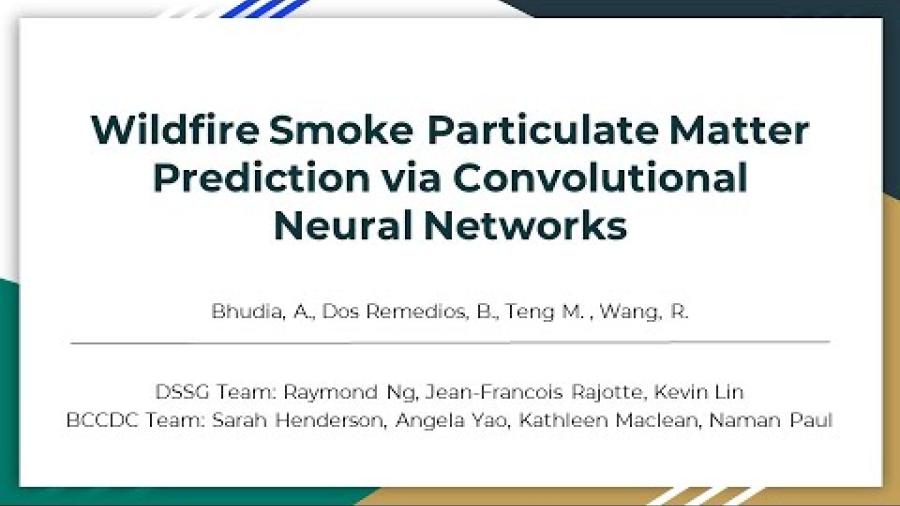
NeurIPS 2020 paper (Workshop on Machine Learning in Public Health):
Dense Forecasting of Wildfire Smoke Particulate Matter Using Sparsity Invariant Convolutional Neural Networks.
Natural Language Processing of Letters of Comment for Pipeline Applications
Sponsor: Canada's Energy Regulator
Description: The Canada Energy Regulator (CER) is a quasi-judicial institution that adjudicates applications for pipelines that cross interprovincial or international borders. After applicants (pipeline companies) submit an application, other parties can comment on the application by submitting letters of comment to the CER. Examples of parties that have commented on past applications are shippers, other energy companies, Indigenous peoples, landowners, and non-governmental organizations. There are approximately 7,800 letters, from 2002 to the present, for large pipeline applications (length greater than 40 km; e.g., Trans Mountain Expansion). Currently, determining the content of letters is done manually. The volume of letters is likely to increase due to a change in legislation allowing broader participation from interested parties. The CER would like to explore automated ways to process the letters of comment.
Final Presentation:
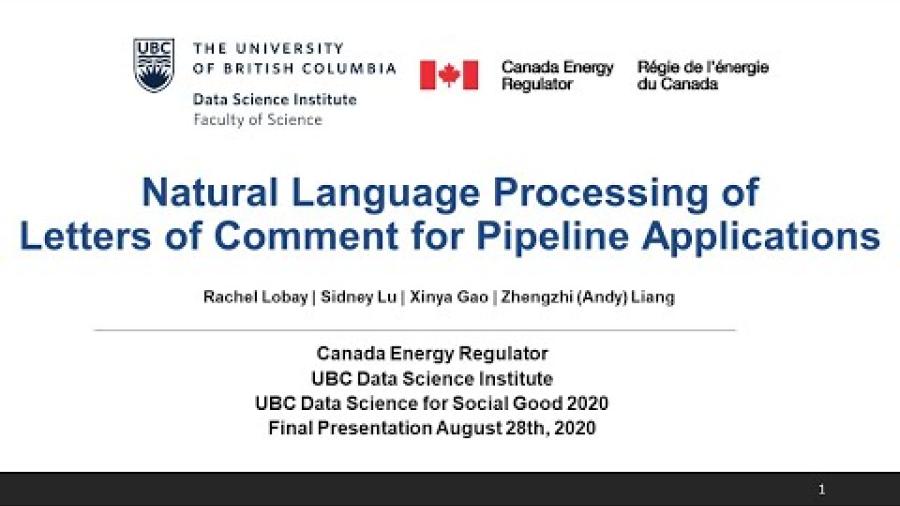
Predicting Crosswalk Locations to Enhance Road Safety and Create Equity
Sponsor: City of Surrey
Description: The City of Surrey currently has an existing process to determine whether or not to install a marked pedestrian crossing at a particular location, however one of the key inputs to this process is pedestrian crossing volumes. Since collecting this data at all locations is not feasible, one of the key ways that we use to select locations to collect data and complete the analysis is to focus on locations that come to our attention through resident requests. What we have noticed, however, is that we receive almost 3 times as many requests from high income areas as we do from to low income areas. At the same time, our collision data demonstrates that pedestrian collisions are about 4 times lower in high income areas compared to low income ones. As a result, we have determined a need to generate locations where there is a high probability of a crosswalk being required, but that we are currently unaware of because no one has submitted a request. The goal of this project is to test whether machine learning and other data science techniques are able to predict locations where a crosswalk is required using census, land use, existing crosswalk, road and transportation infrastructure, and other datasets.
Final Presentation:
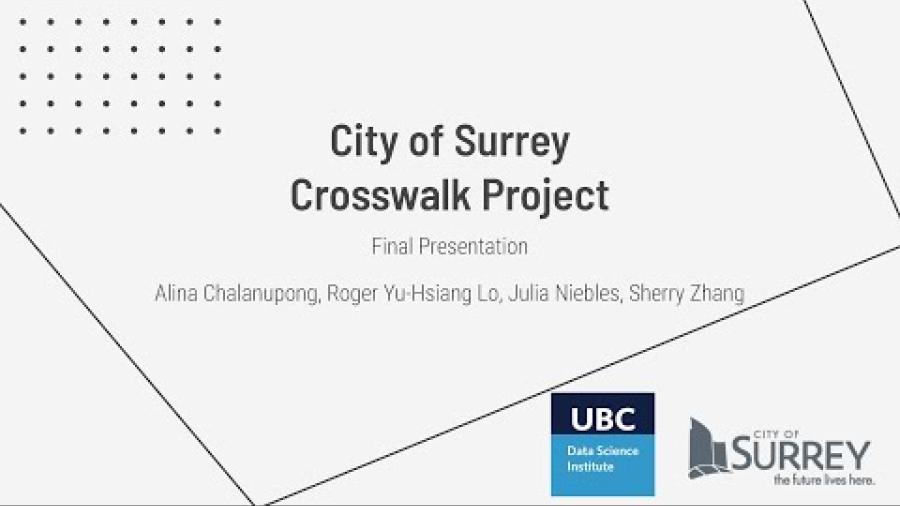
2020 Fellows

Alina Chalanuchpong
Alina is in her fourth year studying Microbiology and Immunology in the Faculty of Science. Her involvement in both academic and industrial research consists of many opportunities to work with large data sets, such as the gut microbiome or a library of yeast for brewing beer. Therefore, in order to make meaningful observations, she slowly picked up data science skills to strengthen her computational abilities. Alina is excited to develop her data analytical skills as a DSSG Fellow. She hopes to use the skills she learns to make a positive impact on the community. When she is not on her desk doing research, you can find her at the nearest community centre playing volleyball or in her kitchen attempting to start a mini bakery.
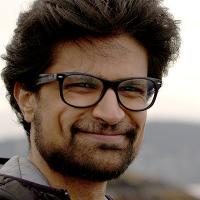
Ashutosh Bhudia
I am a fourth year student studying Physics at UBC. Having previously worked as a research assistant in oceanography and neuroscience, I am am keen on using data driven approaches to develop solutions for pressing issues. Over the summer, I am excited to work with my colleagues in the DSSG program, who come from diverse academic backgrounds, and to develop a deeper understanding of data science approaches to problems solving through consultations with experts. I plan on doing graduate studies in physics, and later pursuing a career in research."

Brandon Dos Remedios
Brandon is a UBC student entering his fourth year in the Honours Physics specialization. His interests lie in developing understandings of complicated systems, like natural laws, and using that knowledge in conjunction with computational and data analysis skills, to find solutions to practical problems. Recently, he has had the opportunity to develop and apply analytical skills through co-op experiences with the NRC’s Dominion Radio Astrophysical Observatory and with UBC Sauder’s Centre of Operations Excellence. With the DSSG program, he hopes to develop in his capabilities as a researcher, while creating some work that can potentially create some good in our society.
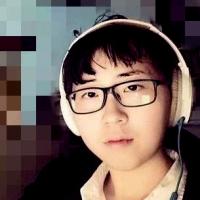
Xinya Gao
Xinya is a third-year computer science student at UBC. She is interested in a lot of different things - computer vision, machine learning, data science, orchestration, digital art and calligraphy. Currently, she is doing a lot of data visualization work, having to do both development and design work. Through the DSSG program, her passion is to work with extremely talented DSSG fellows and learn from them to be able to contribute back to the society while being given room to educate and innovate, R and D, learn by herself with a mindset of how this will be useful in large scale.
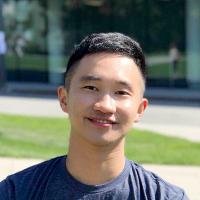
Andy Liang
My name is Zhengzhi(Andy) Liang and I’m a fourth year BSc student double majoring in Mathematics and Economics. My research interest is Game Theory both in Math and Econ. Through the studies in Mathematics, I developed some theoretical and technical skills. By combining the understanding of Economic models and my technical skills, I’m aware of the crucial role that Data Science plays in social development. The experience of working for BC Liquor Distribution Branch have inspired my interests in real world business and social scenarios. I hope not only to develop my technical and analytical skills through DSSG Program but also make some contributions to local community. I hope to continue my graduate studies in data science in UBC as well. Besides work, I was a professional badminton player before and enjoy playing Hearthstone.
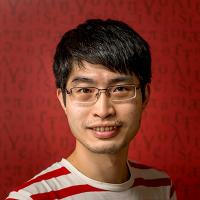
Roger Lo
Roger is a PhD candidate in UBC's Department of Linguistics. His research focuses on understanding speech production and perception through corpus studies, experiments, and modeling. He is also interested in quantitative analysis and information visualization, and hopes that intersecting quantitative approaches with linguistics will bring out more insight into human language. As a DSSG fellow, he is excited to work on a project that can benefit the public good and further develop his analytical skills. Outside linguistics, he enjoys calligraphy, food, and, of course, learning languages.
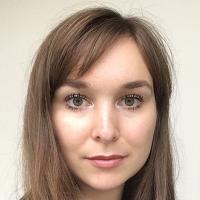
Rachel Lobay
Rachel is a MSc student in Statistics. Her current research focuses on the impact of missing confirmed disability worsening events in placebo-controlled multiple sclerosis clinical trials. She is helping to develop tools to conduct missing data sensitivity analysis in clinical trials and other medical and health-related research. She enjoys using her statistical knowledge to solve applied research problems and broadening her knowledge by learning about new statistical and data analysis techniques. Rachel is looking forward to collaborating on an interdisciplinary project that can help others in the DSSG program.
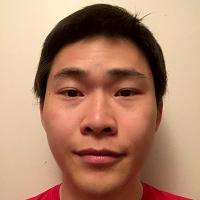
Sidney Lu
Sidney is in his third year of studies towards a Bachelor of Science, doing a Combined Major in Statistics and Computer Science. Through the UBC Co-op program, he has worked as a junior statistician at Statistics Canada and as a research assistant in a bioinformatics lab. He is looking forward to collaborating on interesting projects and further developing his skills in data analysis and machine learning through the DSSG program. In his free time, Sidney enjoys running around Vancouver and playing sports.
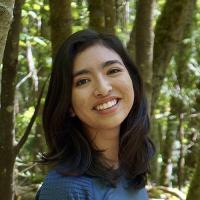
Julia Niebles
Julia is a fourth-year major in International Relations and Sociology. She recently led a student-directed seminar on the UN Sustainable Development Goals. Her interests are in the intersections of sustainable development, environmental urban policies and gender equality. Her interest in data was sparked through Social Statistics. She hopes to improve her technical skills in the DSSG program and apply an interdisciplinary lens to analyze data. She interested in using data to inform better public policies. Originally from Costa Rica, Julia enjoys cycling around the city, enjoying nature, reading, and dancing ballet.
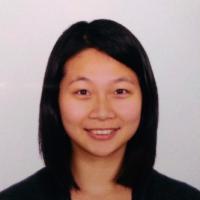
Minnie Teng
Minnie recently completed her Master of Occupational Therapy. Through her studies and clinical experience, she developed an interest in the application of data science in healthcare. Working as a research assistant in clinical informatics, she gained experience in data mining, visualization, and analytics. Minnie hopes to apply data science for social good through the DSSG program, with a vision of advancing healthcare through data science.
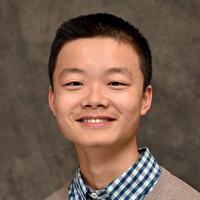
Ren Wang
Ren is a fourth year honours computer science and statistics student interested in the intersection of machine learning and technologies for low resource environments. He was part of the founding team at PremieBreathe, designing low cost respirators for neonates in Ethiopia, before pivoting to computer science. Since then, he's been building surgical rehabilitation tools using machine learning at PeerWell, and investigating information operations on social media platforms at MILA. Outside of work, Ren enjoys cycling and photography.

Sherry Zhang
Sherry is entering her fourth-year study in the combined honours Computer Science and Statistics. She is interested in machine learning and extracting knowledge from datasets at a scale beyond human capacity to aid decision making. With data science being the interplay of her passions, Sherry sees the DSSG program as a perfect opportunity to hone both the technical and analytical skills while contributing to social issues to the best of her ability.